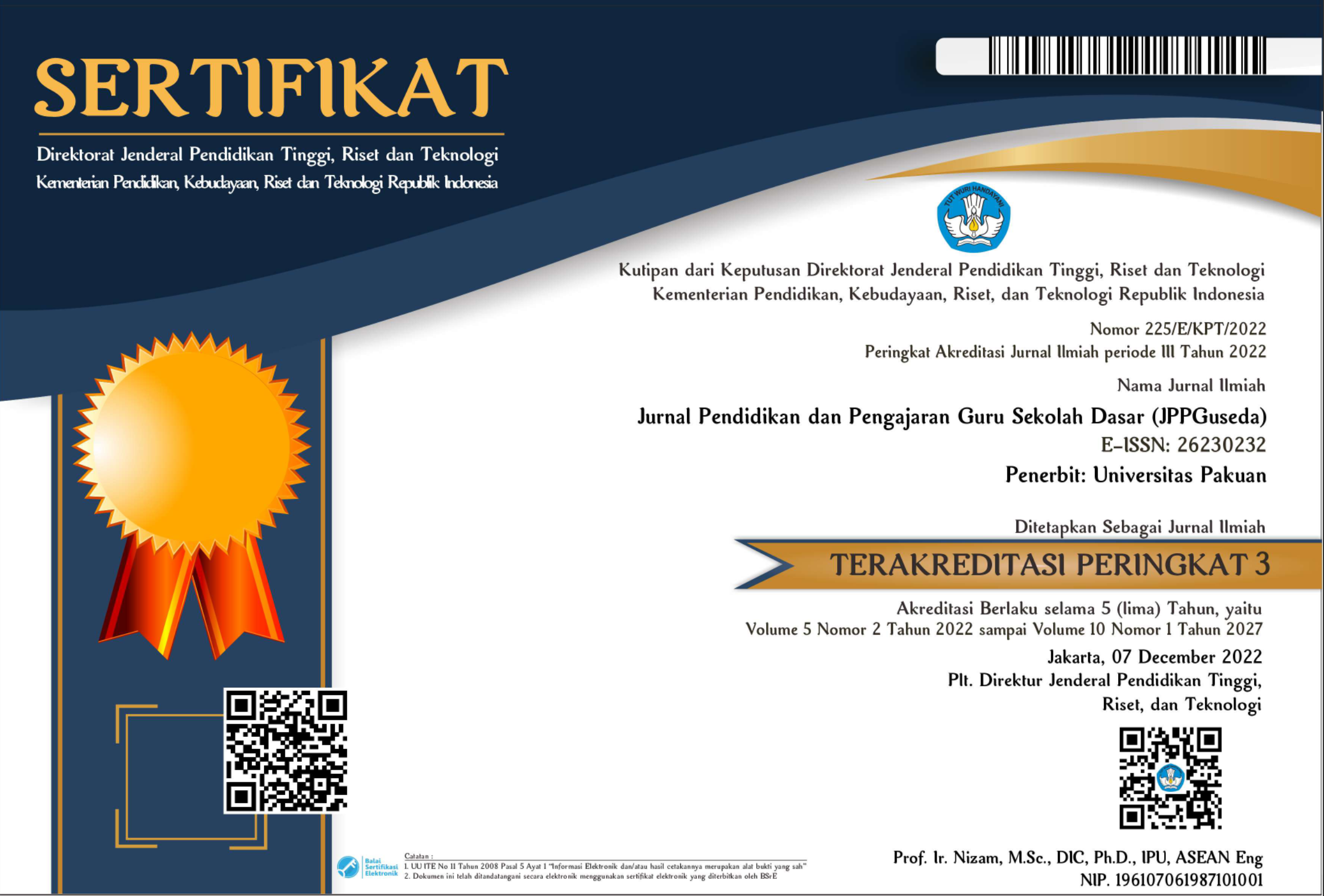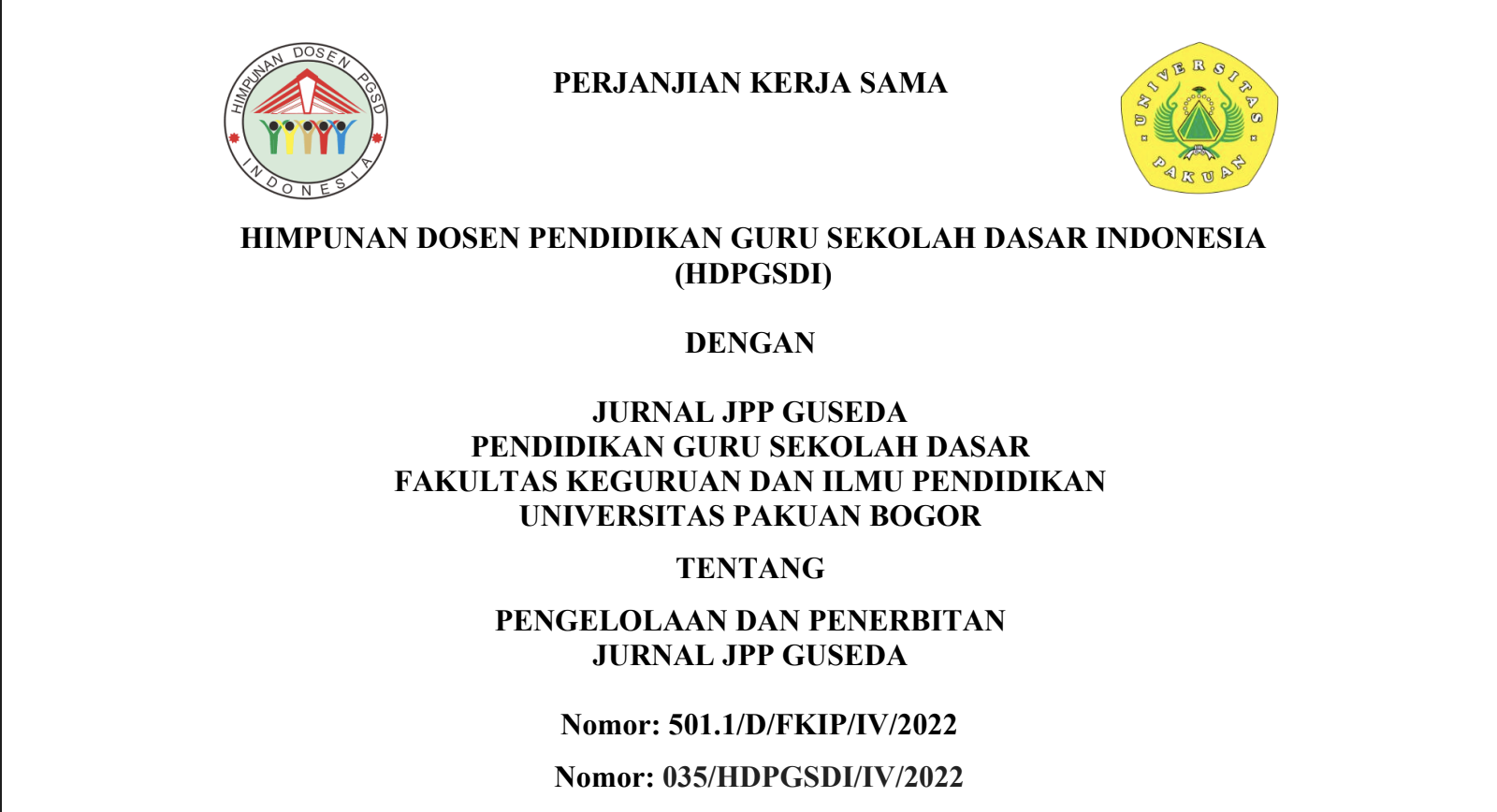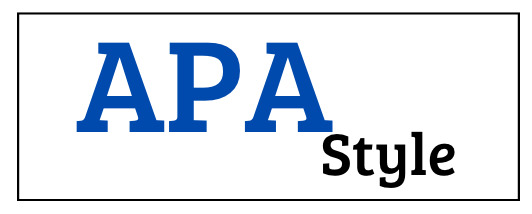Effect of Independent Curriculum Implementation on Multiple Intelligences and Pancasila Character in Grade IV
Abstract
Keywords
References
Dewi, R. S., & Setiawan, H. (2021). “Implementasi Kurikulum Merdeka di Sekolah Dasar dalam Mengembangkan Kecerdasan Majemuk.” Jurnal Pendidikan Dasar, 13(2), 125-134.
Fadilah, R., & Prasetyo, S. (2020). “Penerapan Pembelajaran Berbasis Kecerdasan Majemuk untuk Meningkatkan Hasil Belajar Siswa.” Jurnal Ilmiah Pendidikan, 8(1), 85-94.
Gardner, H. (1993). Multiple Intelligences: The Theory in Practice. New York: Basic Books.
Iskandar, A., & Putri, R. (2022). “Pengaruh Kurikulum Merdeka terhadap Pengembangan
Kecerdasan Emosional dan Sosial Siswa.” Jurnal Kajian Pendidikan, 17(1), 45-
McKenzie, W. (1999). Multiple Intelligences and Instructional Technology: A Manual for Every Mind. Eugene, OR: International Society for Technology in Education.
Moleong, L. J. (2017). Metodologi Penelitian Kualitatif. Bandung: Remaja Rosdakarya.
Rahayu, S., & Nurhasanah, L. (2021). “Peran Guru dalam Mengembangkan Kecerdasan Majemuk Melalui Kurikulum Merdeka.” Jurnal Ilmu Pendidikan, 19(2), 68-77.
Rahmawati, D., & Hidayat, M. (2023). “Implementasi Kecerdasan Majemuk pada Pembelajaran IPA Sekolah Dasar.” Jurnal Pendidikan IPA, 15(2), 98-108.
Ramadhan, I., & Wicaksono, A. (2022). “Kecerdasan Majemuk dan Pengaruhnya terhadap Karakter Siswa.” Jurnal Pendidikan Karakter, 10(4), 30-39.
Saputra, R. (2020). “Pengaruh Pendekatan Kecerdasan Majemuk pada Pembelajaran Tematik Terpadu.” Jurnal Pendidikan Dasar Indonesia, 6(1), 55-63.
Supriyadi, D. (2019). Teori dan Aplikasi Pendidikan Kecerdasan Majemuk. Jakarta: Rajawali Pers.
Surya, D., & Ayu, S. (2021). “Analisis Kecerdasan Majemuk pada Anak Sekolah Dasar di Era Digital.” Jurnal Teknologi Pendidikan, 11(1), 15-25.
Susanto, A. (2016). Pengembangan Anak Usia Dini. Jakarta: Kencana.
Wulandari, E., & Lestari, T. (2023). “Pengaruh Kecerdasan Majemuk terhadap Kemampuan Berpikir Kritis Siswa SD.” Jurnal Penelitian Pendidikan, 18(3), 101111.
DOI: 10.55215/jppguseda.v8i1.10964
 Abstract views : 183
Abstract views : 183
Refbacks
- There are currently no refbacks.
Copyright (c) 2025 Dwinisari Triutami

This work is licensed under a Creative Commons Attribution-NonCommercial-ShareAlike 4.0 International License.




















